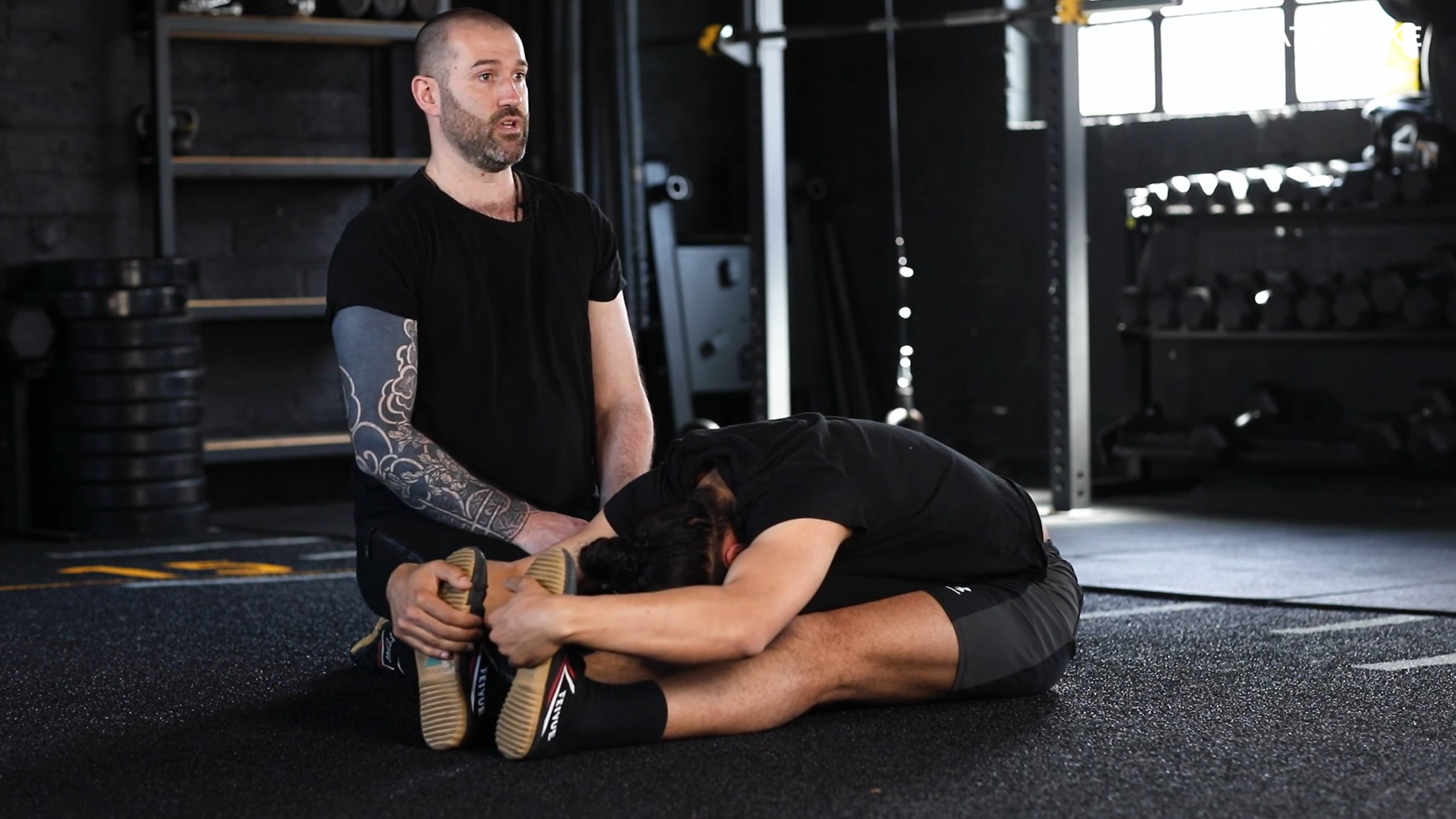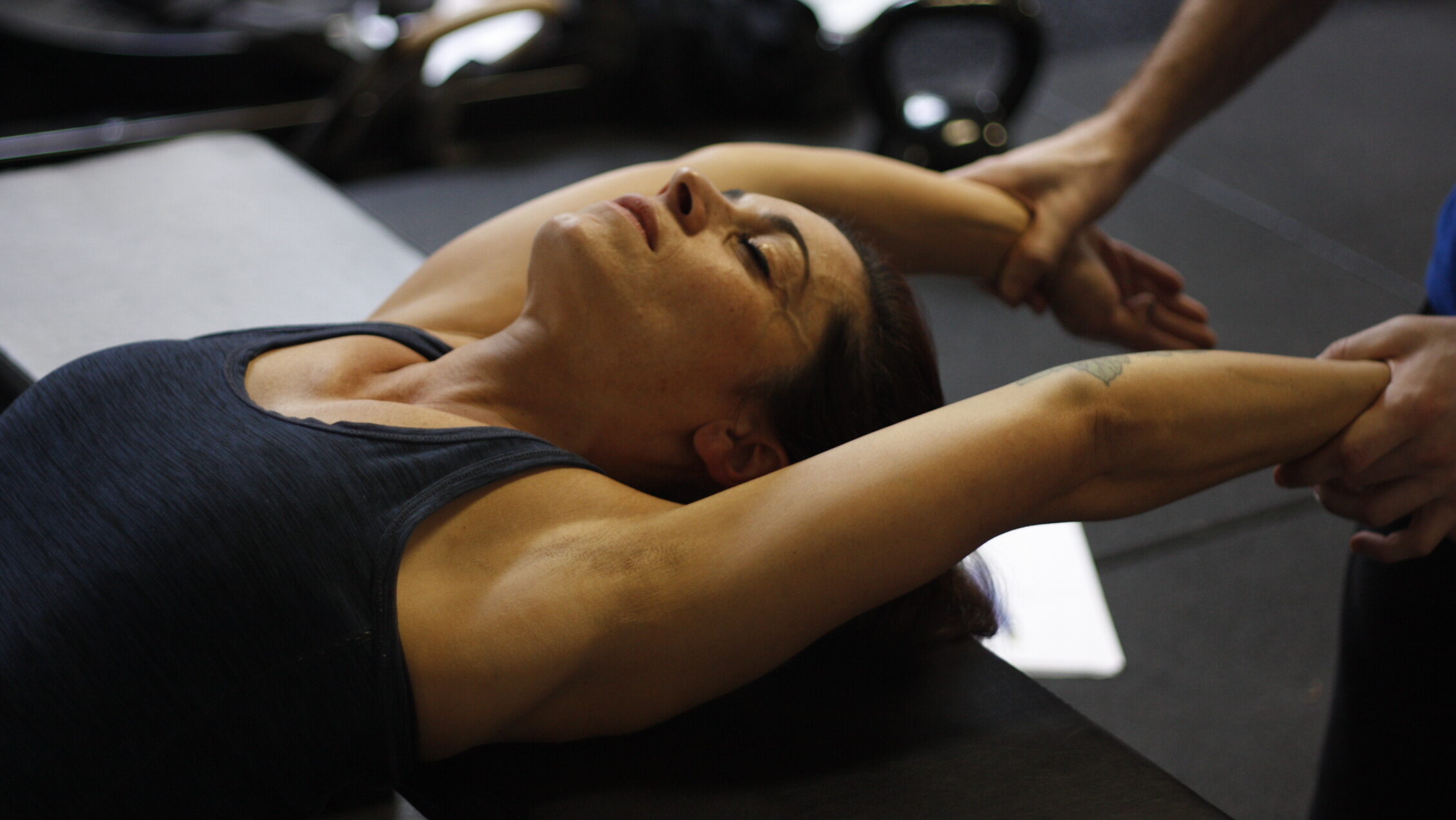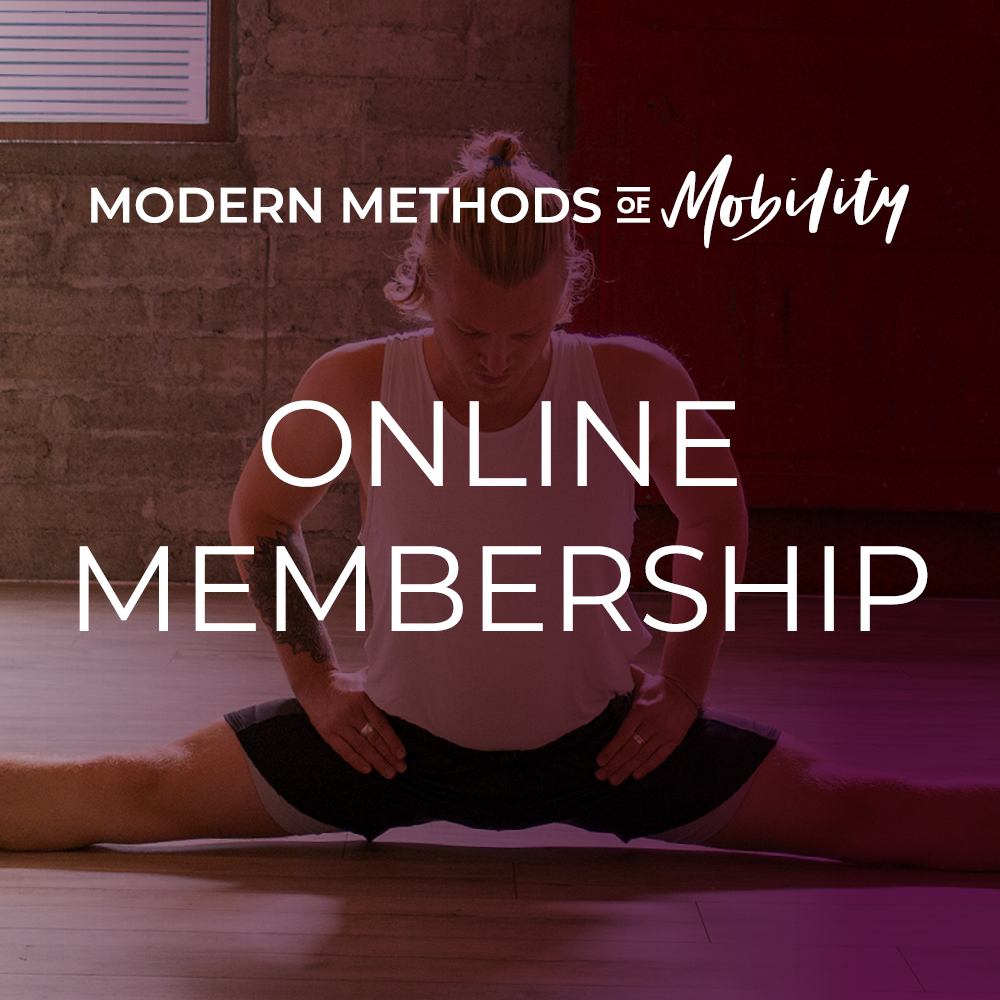Never in history has telling someone to calm down, ever calmed them down when they’re agitated. I’m sure you can think of situations where you’ve tried in vain to placate someone, or you yourself have just gotten more riled up when told to “take a chill pill.”
Calming down is synonymous with relaxation, which means we’ll run into the same issue. We’re always told, just relax, relax… relax!!! But in this context, “relax” is a command – and commands spur action. This is the reverse of what we want in relaxation, which is a state of inaction. So by telling someone or even telling yourself to relax, it’s just not really going to work. It’s the same as telling someone not to think about a pink elephant, that’s the first thing that’s going to pop into their head!
The way around this paradox is to utilize concrete techniques that result in relaxation. Specifically within range of motion development, we end up in stressful positions and learn to relax in those uncomfortable shapes to make them comfortable. This is one of the things I’ve learned from Kit Laughlin: since relaxation can be thought of as a series of techniques, then it stands to reason that relaxation is a skill and that you can practice it.

Much of what inhibits relaxation within flexibility training is muscle tension. So releasing that tension is a good way to reframe relaxation in a more quantitative and qualitative perspective. This reframing gives us ways to evaluate whether we’re releasing tension – and thus successfully relaxing.
We’ve interwoven various relaxation techniques throughout our methods. A notable one is the dissolution breathing technique. But less obvious ones are using blocks to support positions or using weight to aid you into deeper ranges! All of these share the commonality of lowering the amount of stress your body feels when put in an uncomfortable position, which helps release the tension of the stressed muscle – thus unlocking further ROM, or at the very least making the position more comfortable.
So if you’re finding yourself more fatigued and wound up, even just emotionally, from your current training; it’d be worth assessing the techniques you’re using. Because they might not be helping your body relax, but instead counterproductively stressing you out.
– Emmet


